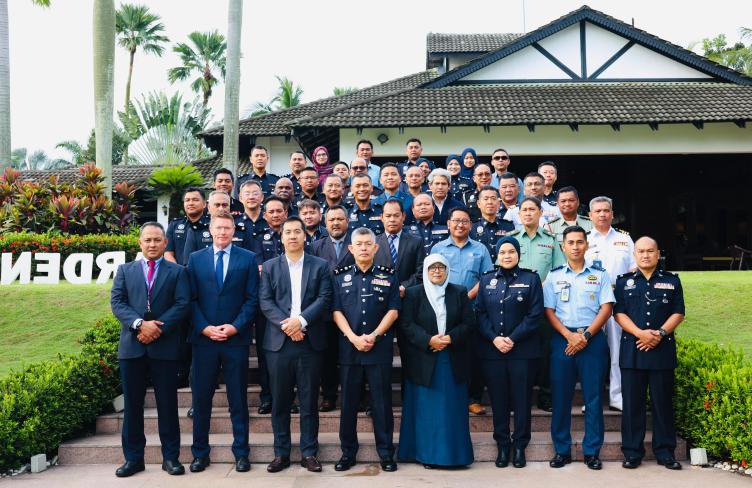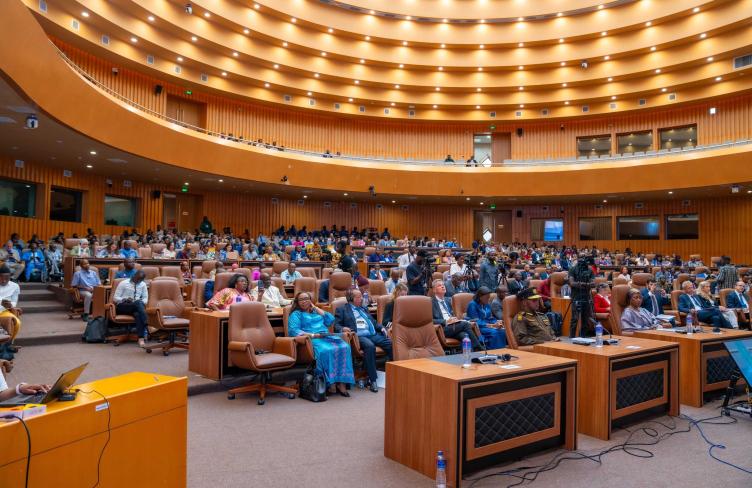
A new APT paper has set out the practical ways the Méndez Principles on Effective Interviewing can assist States to fulfil their obligations under the UN Convention against Torture (UNCAT).
More than 170 States are parties to the UNCAT, which came into force 35 years ago.
The UNCAT contains general obligations to respect and protect the human right not to be subjected to torture and ill-treatment, as well as specific duties to prevent acts of torture and ill-treatment.
Building on the practice set out by the UN Committee against Torture, the Méndez Principles provide concrete and practical guidance for States parties to the UNCAT to effectively implement their preventive obligations, particularly in the context of investigation and justice processes.
The APT paper focuses specifically on how the Méndez Principles can assist States to fulfil the following obligations under the UNCAT:
- Prevention of torture and ill-treatment: articles 2(1) and 16(1)
- Review of rules and procedures on interrogation: article 11
- Training of law enforcement and other personnel involved in interrogations: article 10
- Inadmissibility of evidence extracted by torture and ill-treatment in all proceedings: article 15.
“This paper is a particularly useful resource for all State authorities responsible for implementing UNCAT obligations,” said APT’s Senior Adviser, Law and Policy, Valentina Cadelo.
“We also encourage its use by civil society organisations and other relevant stakeholders advocating for better compliance with existing obligations on the prohibition and prevention of torture and ill-treatment.”
The paper was published to coincide with the International Day in Support of Victims of Torture, held on 26 June each year.
“We hope the paper will help States to better protect human rights during investigation and other information-gathering processes, as well as strengthen the effective administration of justice,” Ms Cadelo said.



